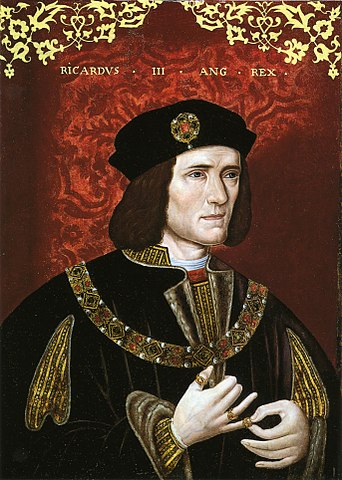
Ian Morgan Cron grew up with a deep, unsatisfied hunger for the love of his father. He tells the story of his struggle to understand and forgive in the memoir, Jesus, My Father, the CIA, and Me, A Memoir… Of Sorts. His father was, when Ian was young, an executive with a motion picture company. The family lived in Europe and hobnobbed with movie stars and political figures.
Then his father’s career crashed on the rock of his alcoholism. The family moved home to Greenwich, Connecticut, to a life of marginal poverty (sure, it wasn’t Harlem, but the contrast of their own lives with those of their wealthy neighbors just made it harder for the kids). His mother made a new career in time that gave them some financial stability, but his father’s continuing blackouts and rages left wounds Ian couldn’t deal with.
In his religious life, Ian went from an innocent, youthful love of Jesus to bitterness and atheism, when Jesus failed to give him the one thing he asked for—a sober father. He experimented with drinking, was scared by his own reaction, and settled into drugs for a while before taking up drinking again.
It was only after many years that Ian learned his father’s great secret—he’d been a CIA agent. Many spies are alcoholics and narcissists, he learned. They’re suited to the life.
Only the realization that he was himself turning into his father drove Ian to seek counseling, and finally to reconcile with God.
Ian Cron writes with a light touch and the kind of mordant humor you’re familiar with if you’ve read authors who suffered child abuse (and believe me, you have). His account of his journey back to faith is in many places touching and moving. The personal revelation that reconciles him to Christ at one point is one that some Christians may have trouble with. I’m not sure about it myself, but I generally try not to judge another Christian’s deepest confidence.
Hints in the course of the story suggest to me that Cron’s final faith road brings him closer to Tony Campolo than to James Dobson, but those hints are lightly touched on and need not spoil the story for those of us who trust the Bible more than our hearts.
Recommended, especially for Christians who come from dysfunctional homes. Or those who want to understand them better.
Like this:
Like Loading...






